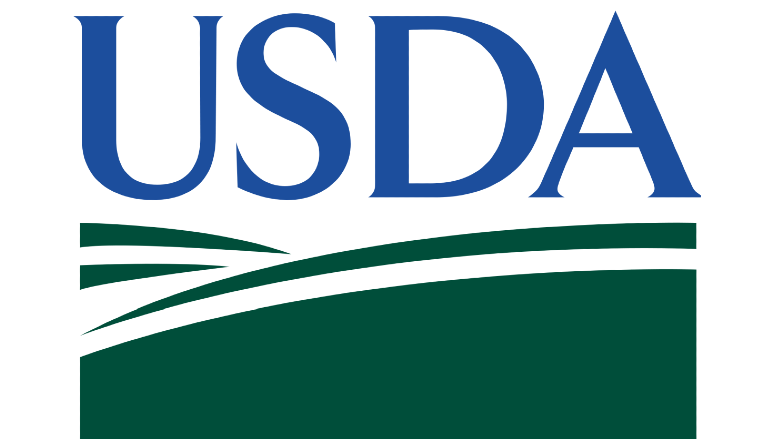USDA finalizes Inclusive Competition Rule
This rule is part of a suite of Packers and Stockyards Act rules proposed by USDA.

Courtesy of the USDA
The U.S. Department of Agriculture is announcing the finalization of Inclusive Competition and Market Integrity Under the Packers and Stockyards Act. The final rule will be effective 60 days following publication in the Federal Register. The final rule (Inclusive Competition Rule) establishes clearer standards under the Packers and Stockyards Act for prohibited practices relating to discrimination, retaliation and deception in contracting. This aims to help producers and growers that have suffered from increasingly consolidated markets over the last 30 years by enhancing market integrity and ensuring fair access to economic opportunities.
“Discrimination, retaliation, and deception against producers and growers has no place in modern livestock and poultry markets,” said Secretary of Agriculture Tom Vilsack. “The Biden-Harris Administration is making significant progress in tackling the abuses that have left producers and growers excluded from economic opportunities and fair and equal access to the marketplace. This rule establishes clearer, more effective standards to govern the modern marketplace, and they are another example of how USDA is focused on building new, fairer, more resilient and more competitive markets for our farmers, ranchers, and producers.”
USDA is finalizing a series of rules under the Packers and Stockyards Act as part of President Biden’s Executive Order on Promoting Competition in America’s Economy, a key pillar of Bidenomics. These rules complement a series of other all-encompassing actions by USDA to increase competition in agricultural markets, create a fairer playing field for small and mid-size farmers, lower grocery costs for consumers and strengthen local and regional food systems. Actions include enhancing independent meat and poultry and other diversified food processing capacity, expanding domestic, innovative fertilizer production, creating a fairer market for seeds and other agriculture inputs, investing in State Attorney General enforcement capacity and supporting more robust and resilient supply chains.
“The Packers & Stockyards Act stands for the basic proposition that livestock producers and poultry growers should be able to compete, cooperate, communicate, and more without fear of retaliation, and should never be subject to discrimination because of who they are or deceptive in their contracting,” said USDA’s Senior Advisor for Fair and Competitive Markets Andy Green. “To deliver the best products and the most competitive prices, we need competitive markets and markets with integrity. That’s what this final rule is designed to deliver.”
The rule:
- Prohibits the adverse treatment of livestock producers and poultry growers based on race, color, religion, national origin, sex (including pregnancy, sexual orientation and gender identity), disability, marital status, or age. It also prohibits discrimination against a livestock and poultry producer cooperative.
- Prohibits retaliation against producers and growers for their engaging in certain protected activities: lawful communications or refusals to communicate, assertion of contractual and Packers & Stockyards Act rights, participation in associations and cooperatives, exploring or entering into a business relationship with a competing packer/swine contractor/live poultry dealer and certain other protected activities.
- Prohibits employing false or misleading statements or omissions of material information in contract formation, performance, and termination; and prohibits regulated entities from providing false or misleading representations regarding refusal to contract.
- Supports USDA monitoring, evaluation and enforcement of compliance with aspects of this rule through certain recordkeeping requirements.
This rule is part of a suite of Packers and Stockyards Act rules proposed by USDA to enhance transparency, stop discrimination and support market fairness in a range of circumstances. The final rule will be published in the Federal Register. More information on the final rule is available on the Agricultural Marketing Service’s Inclusive Competition Rule website.
Source: USDA
Looking for a reprint of this article?
From high-res PDFs to custom plaques, order your copy today!



